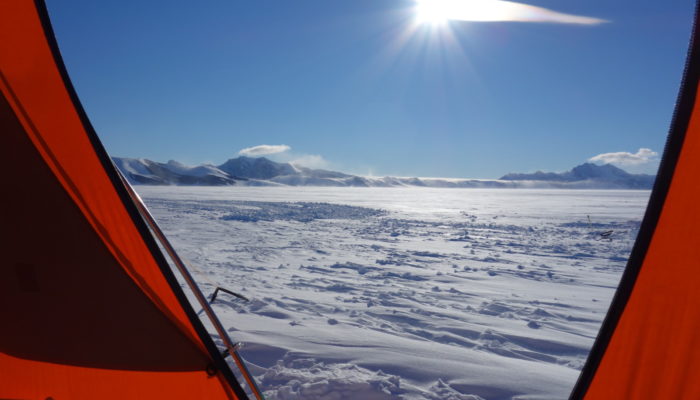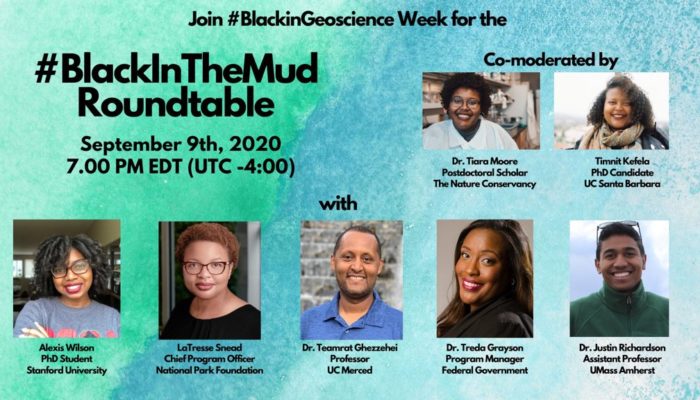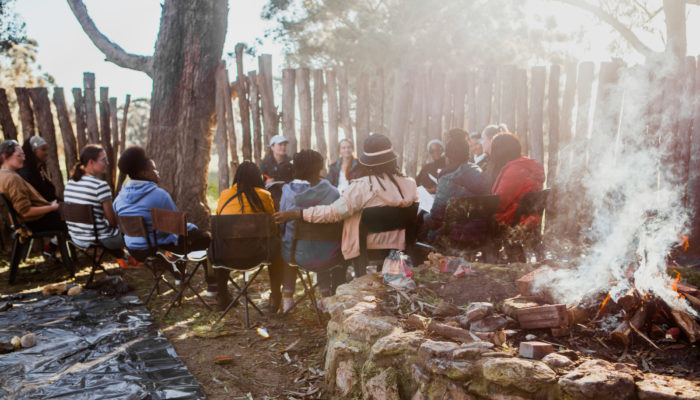Try typing the phrase ‘period in geosciences’ into Google. You’ll get something like ‘divisions of geological time’, and how we divide ancient earth time into eras, periods and epochs. We learn about this in the first year and again in every subsequent year of geological training. We are both geochronologists, so this is a topic we are deeply familiar with. But we are also both women. To us, and e ...[Read More]
Pride on board: working on an ocean-going research vessel as an LGBTQI+ person
Working from home during the pandemic has allowed many of us to look back on past experiences and to long for the days when our work in marine science took us to amazing places all around the world. Pride month is another great opportunity for reflection and to consider how things have changed for us as LGBTQI+ individuals and the community within STEM, including, on the International Day of the S ...[Read More]
Why is research in Antarctica so important?

On the 1st December 1959 the Antarctic Treaty was signed by 12 nations, setting aside nearly 10% of the Earth “forever to be used exclusively for peaceful purposes… in the interests of all mankind.” In the years that followed more and more countries signed the agreement, until today when the agreement has been signed by 54 countries around the globe. In 2010, the Foundation for ...[Read More]
GeoTalk: #BlackInTheMud panellists reflect on Black in Geoscience Week 2020

After telling a personal and traumatizing field experience to my fellow colleagues of color, I found that we all had shared similar events! Shocked and outraged, I wanted to find a place to expose and highlight these events thus the #BlackInTheMud panel was created. This event was inspired by this picture. And it’s so funny because this photo has been used, until it’s almost like a stock photo on ...[Read More]


